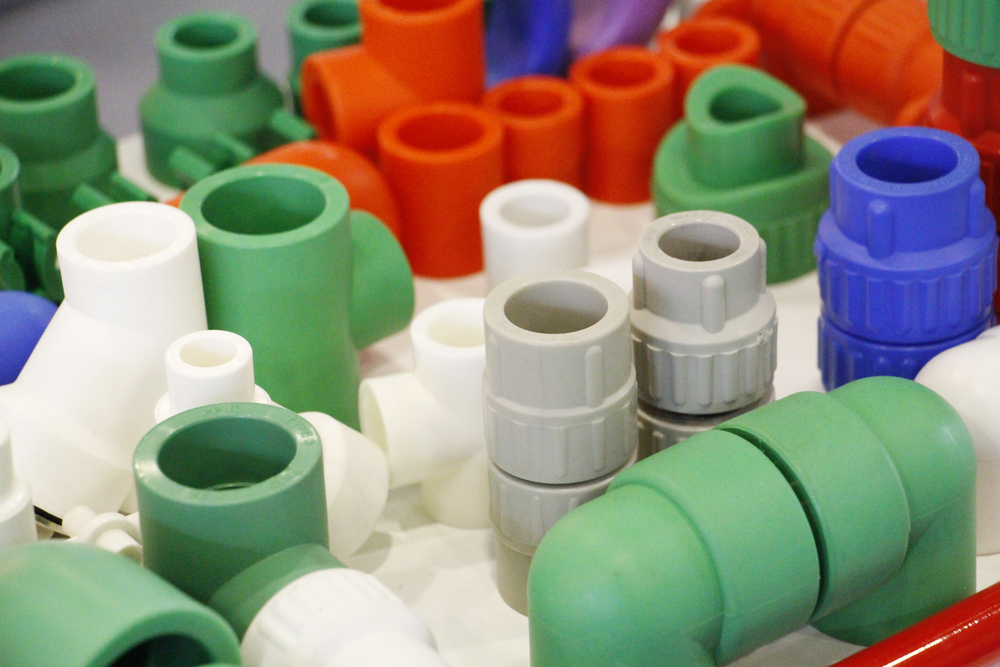At Plastic Extrusion Tech, we pride ourselves on delivering a wide array of plastic solutions tailored to meet any demand. Serving a diverse range of sectors, our plastic tubes are integral to industries such as healthcare, food and beverage—including essential items like drinking straws—chemical processing, various industrial applications, as well as retail and packaging.
Plastic Tubing – From Extrusion to Application
Extrusion kicks off by feeding plastic into a press machine, which creates shapes of all kinds. As the machine heats up, it molds the plastic into various forms, including tubes. Numerous types of plastics are available for this process, each utilizing different qualities.
Polyurethane tubing is a type of plastic tubing made from a class of polymers called polyurethanes. This resilient material is tailored for an array of uses, from medical devices and pneumatic lines to the intricate workings of robotics, thanks to its impressive resistance to wear and tear, excellent flexibility, high strength, and durability.
Another type of plastic tubing is polyethylene tubing, which is the most common plastic in the world. This type of plastic is most often reached for because of its fantastic qualities: lightweight, chemically resistant, durable, and food safe.
Our extrusion skills extend to vinyl tubing as well, or PVC tubing to be precise, where PVC stands for Polyvinyl Chloride. Celebrated for its flexibility, it can bend without breaking, making it useful for applications that require the tubing to move or fit into tight spaces. It’s transparent, durable, and chemical resistant, and because of this, PVC is great for things like lab work, aquariums, beverage dispensing or industrial use.
Nylon tubing is made from nylon, a synthetic polymer known for its strength, flexibility, and resistance to abrasion, chemicals, and high temperatures. It’s commonly used in applications like fuel and oil lines, pneumatic systems, and fluid transfer due to its durability and ability to maintain its shape under pressure.
Kynar tubing is made from a type of plastic known as PVDF (Polyvinylidene Fluoride), which offers excellent chemical resistance, high purity, and stability under a wide range of temperatures. Its resistance to wear, low permeability, and resistance to UV radiation make it ideal for applications in the chemical, semiconductor, medical, and aerospace industries. Kynar tubing is particularly valued for handling aggressive chemicals and in applications requiring a high degree of cleanliness and resistance to environmental conditions.
Which Process Do I Need?
Advantages of Extrusion:
- Cost-Effectiveness for Large Runs: Extrusion is highly efficient for producing long, continuous shapes like tubing and pipes, making it cost-effective for large-scale production runs.
- Versatility in Shapes: While primarily used for creating uniform cross-section profiles, extrusion can produce a wide range of shapes by changing the die.
- High Material Efficiency: The process can handle various materials and allows for easy recycling of scrap material back into the production cycle.
- Continuous Production: Extrusion allows for continuous production, which can lead to lower labor costs and faster turnaround times.
With the wide array of plastics at our disposal, the potential for creativity is limitless. Plastic itself is incredibly versatile, and here at PET, we can customize it even further. We offer an array of customization options, including a spectrum of colors, sizes, shapes, and lengths, ensuring that your specific needs are not just met, but exceeded. The possibilities are truly endless.
With all the options plastic use gives us, PET can offer an abundance of tubing options, and other plastic manufacturing. Learn more about plastic tubing with our answers to FAQs. Contact PET for custom orders or any other customer service queries!

